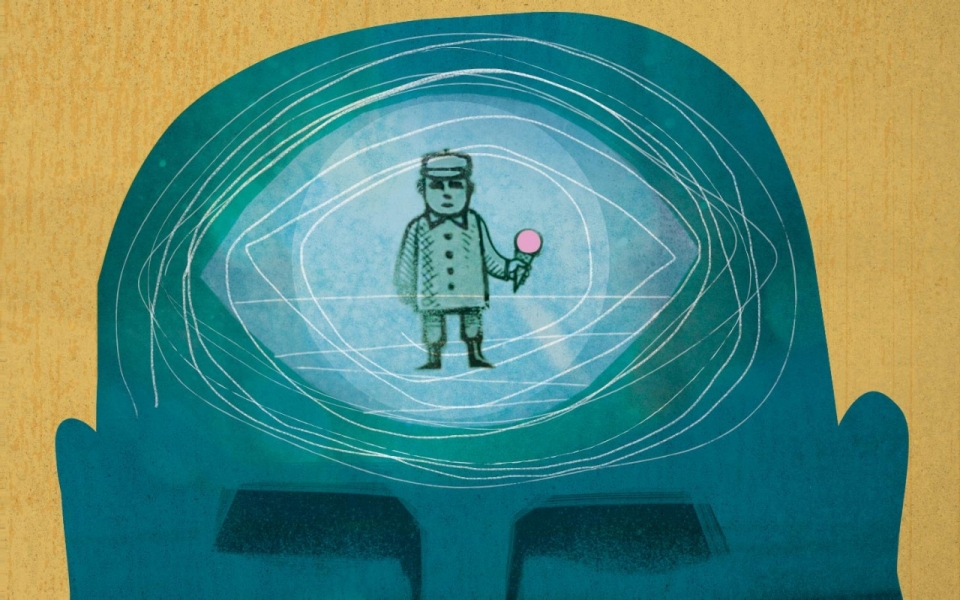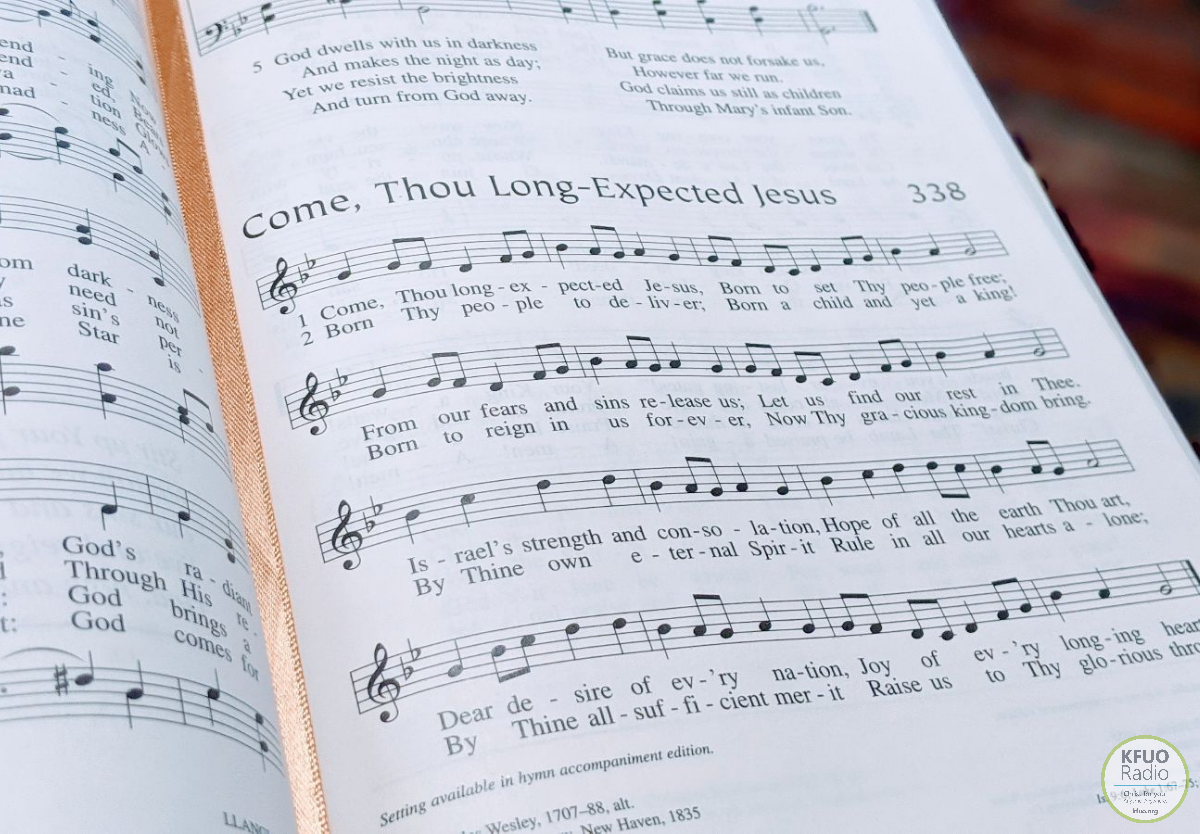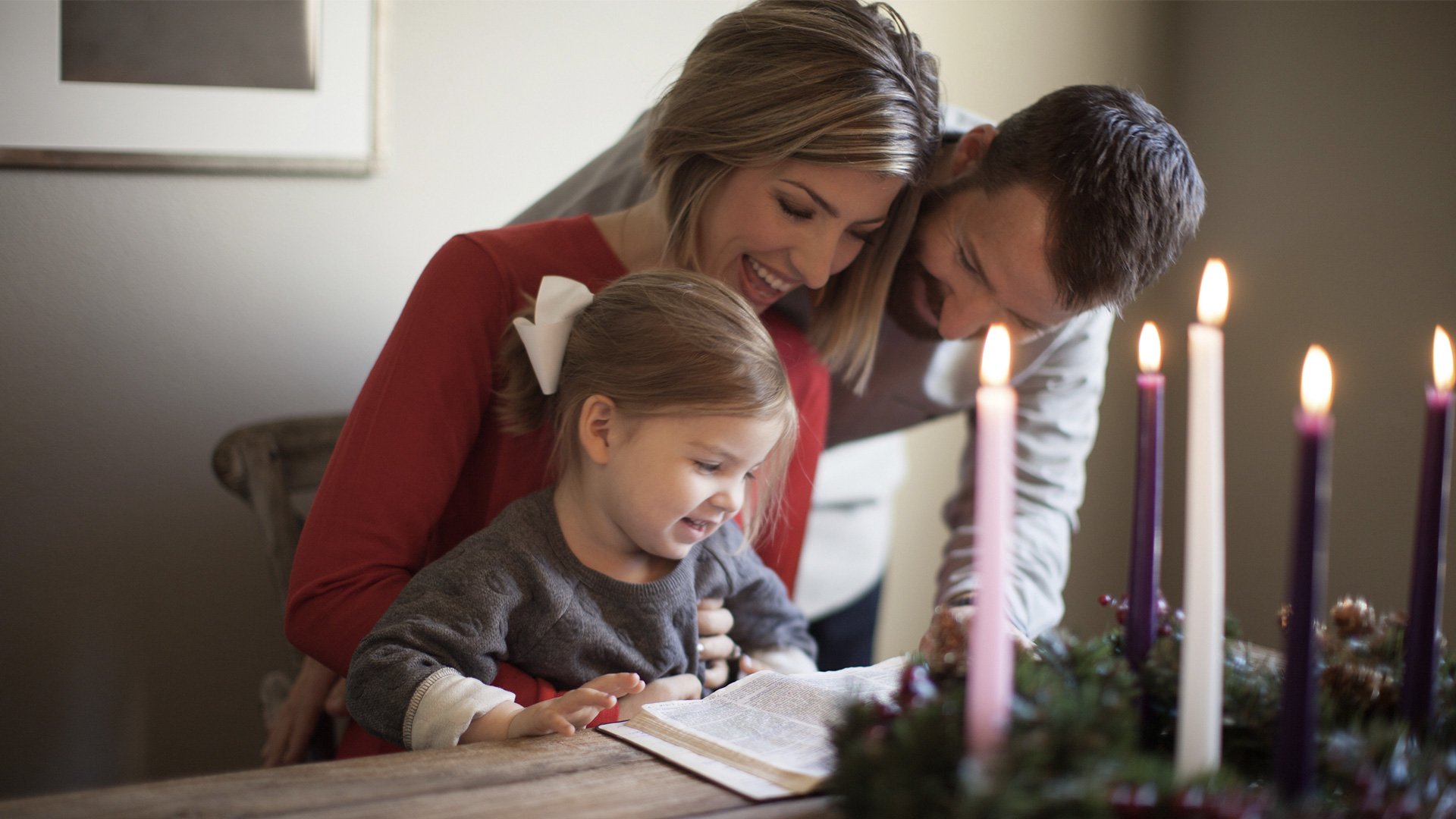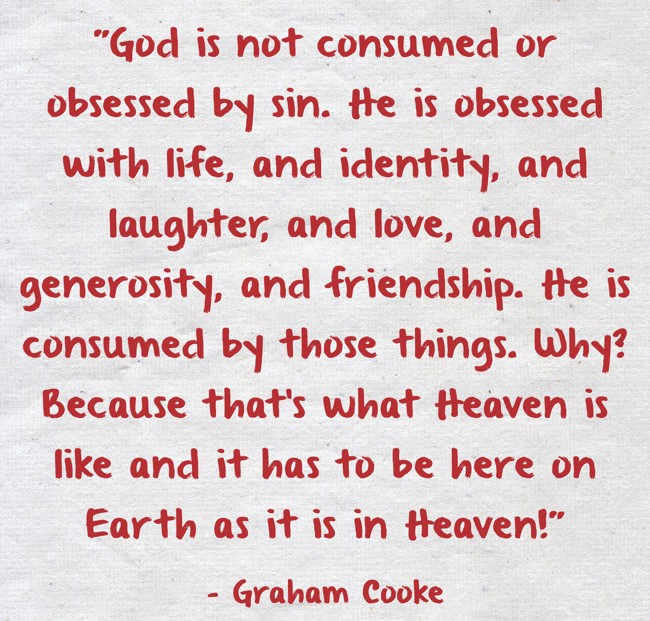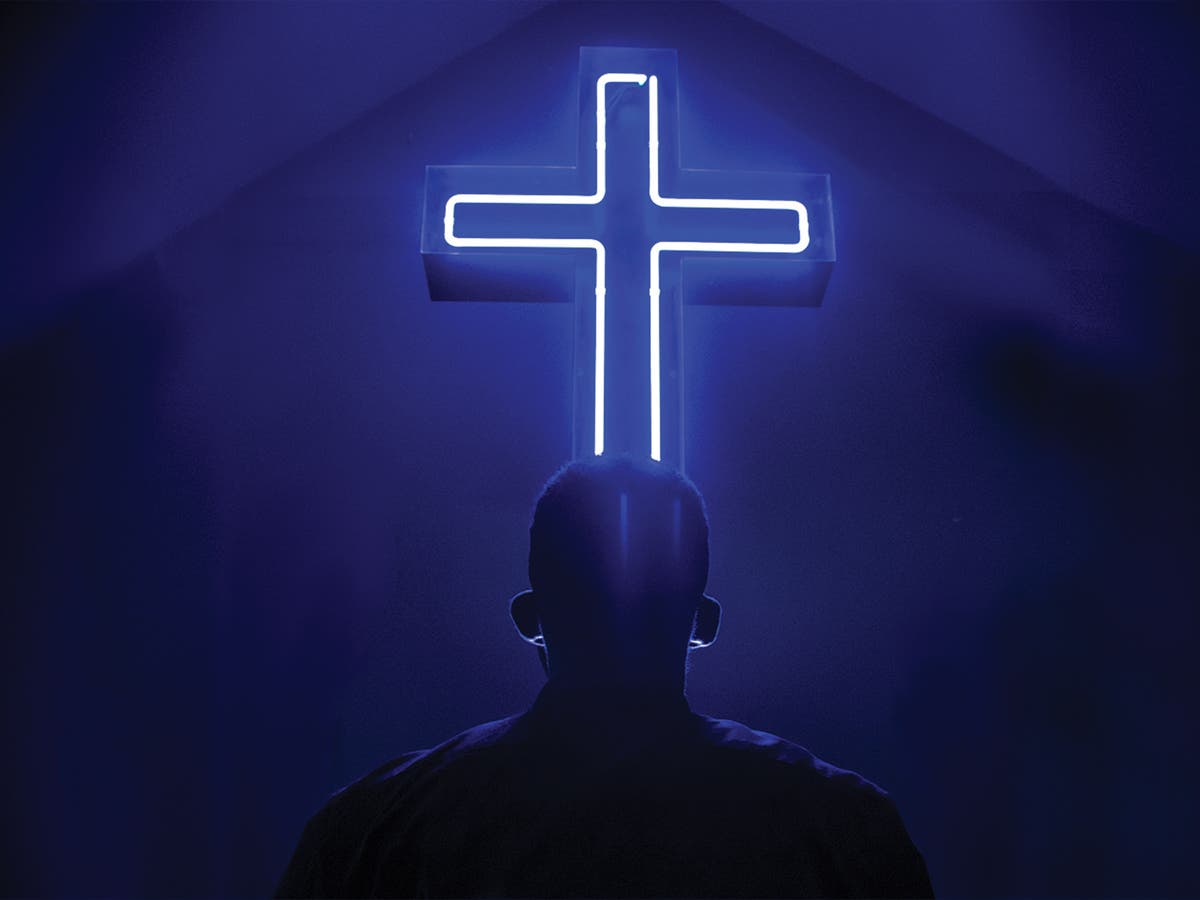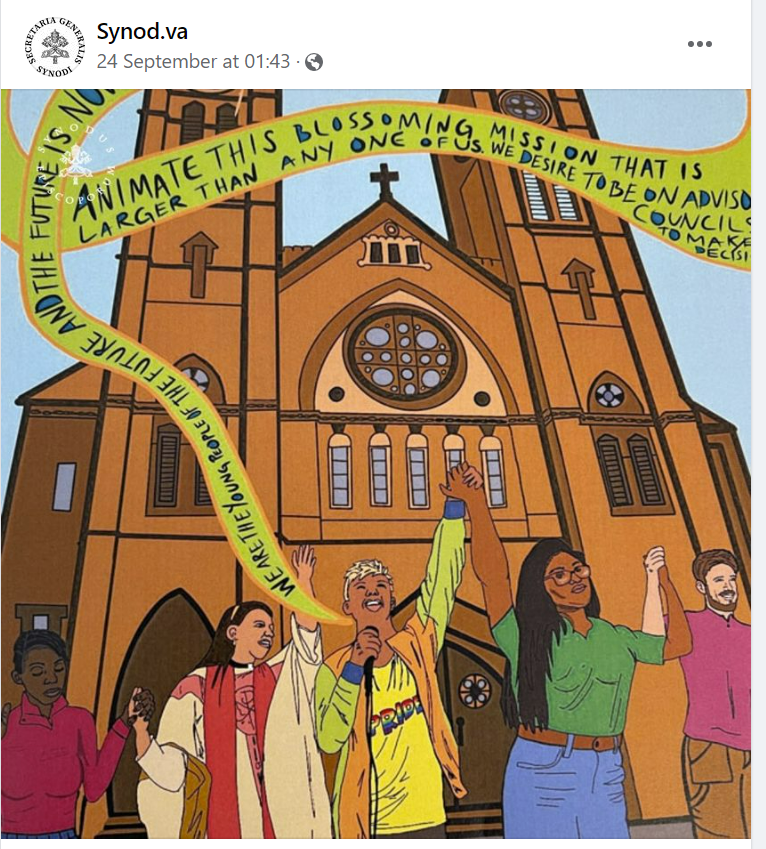 "For as the lightning comes from the east and shines as far as the west, so will be the coming of the Son of man.” — Matthew 24:27
"For as the lightning comes from the east and shines as far as the west, so will be the coming of the Son of man.” — Matthew 24:27
Of the crowning of the year.
Make your house fair as you are able,
Trim the hearth and set the table.
People, look east and sing today:
Love, the guest, is on the way. — by Eleanor Farjeon; stanza one
It is St. Andrew's Day, the day that triggers the start of Advent. Advent, if it is anything, is an eastward facing season. There have been a lot of opinions rendered about facing East. We have all heard the real estate mantra, Location, Location, Location! Well, what about where the altar is located and how the people face?
Traditionally, churches should face east. We all know some of the reasoning -- East is the direction of prayer and Christ will come from the East when He comes in His glory. Well, there are others but those depend upon where you are — Eden's Paradise was believed to be in the east and Jerusalem
lies in the east. So it was natural that Christians would face both East and Christ as they faced the Altar. Before I launch into this, it should be noted that the term ad orientem itself means to the east. So the orienting of the church building to the east become the very word for how a building is sited or oriented. The goal in this orienting is to see the sun rise through the windows during the mass.
However, the earliest Christian churches in the Holy Land did not face east but Jerusalem, the city of the Messiah and where He was crucified and rose. When blessed Saint Helena made her famous pilgrimage to the Holy Land and talked her son Constantine into building the Church of the Holy Sepulchre, the building did not face east but the apse and the anastasis, the chapel with the empty tomb, was in the west — the very same orientation as the Temple of Solomon whose front door faced east. Maybe there was some intended symbolism here the Christian altar seen as the fulfillment of the ark of the covenant in the west part of the Temple.
Move to Rome and the four of the most ancient and most important basilicas of Rome, Saint John Lateran (AD 324), Saint Peter’s (AD 330), Saint Sebastian’s (AD 330), and Saint Mary Major (AD 432), are not east facing but have their altars in the west. These were built by some impressive figures — Constantine and the popes. Did they build them backwards? Or think of the great churches of Florence, arranged not to face east but in a circle around the great Duomo, the Cathedral of Santa Maria del Fiore in the city center.
The orientation of the church building, no matter what direction it faces, is always east — liturgical east. Just as the direction the people face is always east — liturgical east. Advent reminds us of this. It is not a geographical point that east makes but a theological one. In an ideal world they might always be the same but every church structure must be conceived of in reference to the site and other buildings around it. The lesson here is not good geography but good theology — where we face is defined not but bricks and mortar on the ground but the direction of our hope. Perhaps we might remember this more often as we find Christianity failing not because our buildings are backwards or whatever but because our theology no longer flows from Christ or leads to Christ — which is the point of it, isn't it?
